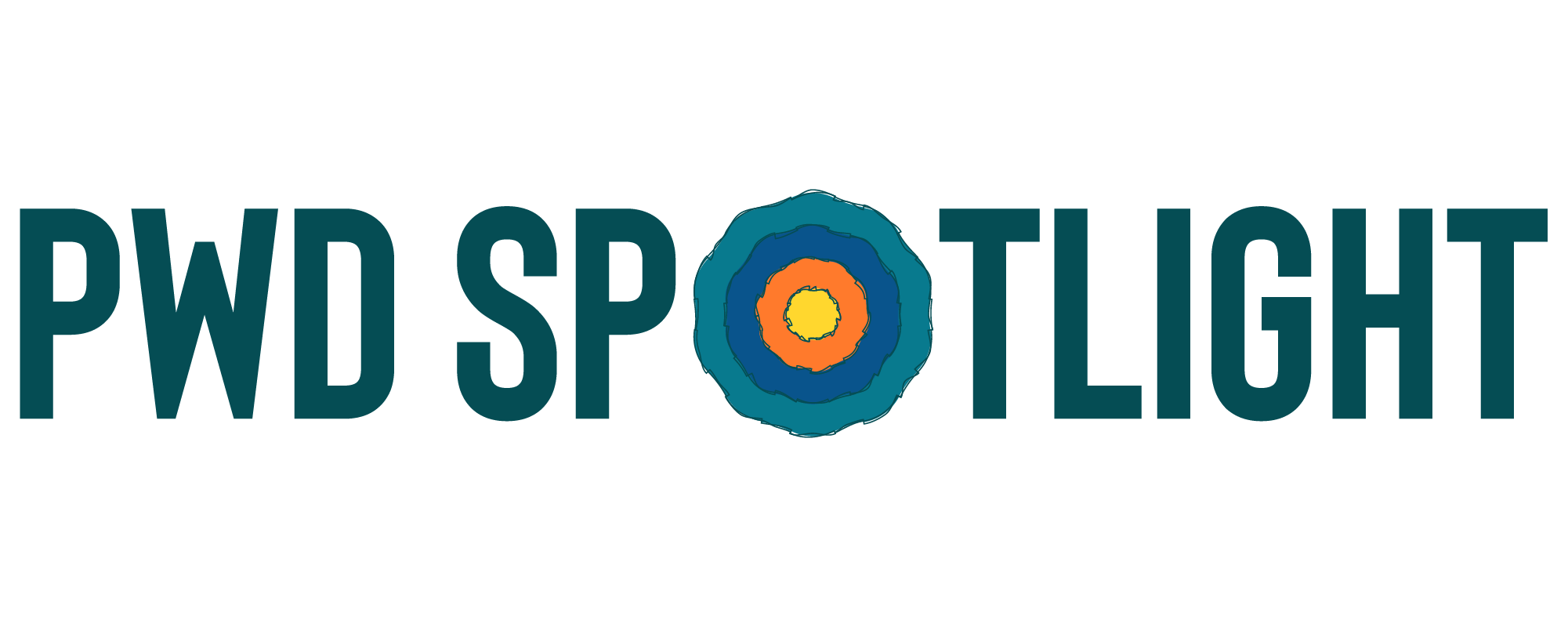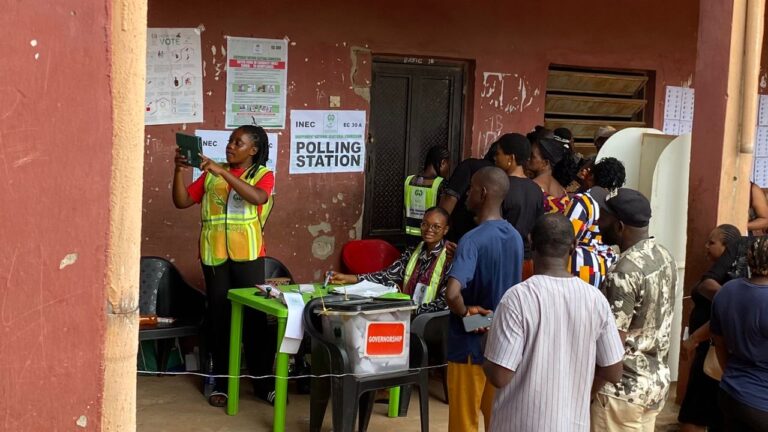BY: Mustapha Lawal
Persons with disabilities (PWDs) in Anambra encountered significant obstacles while exercising their voting rights in the state’s 2025 governorship election, highlighting persistent gaps in accessibility and inclusion despite laws designed to guarantee participation. Civil society groups, including TAF Africa, deployed trained observers and sign-language interpreters to polling units across the state, documenting missing assistive tools, inaccessible polling stations, and inadequately trained election officials. Advocates and legal experts warned that these failures not only undermine PWD participation but also threaten the legitimacy of the election.
Voting on the Margins
The 2025 Anambra governorship election offered a reminder that, for persons with disabilities (PWDs), participating in Nigeria’s democracy is still fraught with obstacles. Despite the protections enshrined in the Electoral Act of 2022 and the Discrimination Against Persons with Disabilities Act of 2018, the reality reported on the ground was far from ideal. Legal rights, observers noted, often exist only on paper, while physical, procedural, and social barriers continue to limit meaningful engagement.
In the weeks leading up to the election, civil society organisations mobilised to ensure PWDs could exercise their voting rights. TAF Africa deployed over 150 trained observers across Anambra State, including sign-language interpreters, to track the availability of assistive tools such as Braille ballot guides and magnifying devices, and to assess whether polling staff understood their duties under the law.
Yet, even with these preparations, gaps were immediately apparent. At many polling units, ramps were missing, essential voting aids were unavailable, and officials failed to give priority to PWDs despite legal requirements. These gaps were compounded by reports that some PWD voters were approached for vote buying, highlighting how vulnerability can be exploited when systems fail to protect rights.
Voices from the Ground
The voices of PWDs themselves tell the story most clearly. Julius Nwafor, a 74-year-old visually impaired voter from Isuofia in Aguata LGA, recounted leaving his home to cast his ballot with determination. “I came out to vote because I want the progress of Anambra State, and I want to be part of those who want to get a leader who can bring progress to the state,” he said. His words capture the motivation of countless PWDs: civic engagement rooted in hope, responsibility, and a desire to shape their communities.
Other voices reinforced the challenges that persist. Chidinma Ajemba, Public Relations Officer of the Joint National Association of Persons with Disabilities (JONAPWD) in Anambra, described the practical difficulties of accessing polling units. “For many of us, it’s not about whether we want to vote. It’s about whether we can get to where we can vote … Our mobility is limited. We need support to ensure we can participate, either as voters or as accredited observers”.
Similarly, Comrade Ugochukwu Okeke, State Chairman of JONAPWD, stressed the importance of dignity and protection: “We need holistic protection. This is not just about getting to vote; it’s about being treated with respect and dignity. Security agencies must work hand in hand with our community”.
Civil Society and Legal Advocates Step In
Civil society advocates also pointed to systemic gaps. Kilanko Adeolu, Programme Manager at TAF Africa, emphasised that voting accessibility goes beyond mere presence at polling units. “INEC must target PWDs for registration and participation in elections, give full access and freedom of movement to PWDs to voting centres … provide incentives to PWDs to improve their representation … ensuring that votes of PWDs count, and adequate security by various security agencies during elections”.
While civil society documented the gaps, legal experts moved to hold authorities accountable, stressing that inclusion is both a right and a legal obligation. In response to these challenges, legal experts have stepped forward to ensure accountability. Professor Josephat Ubanyionwu, SAN, publicly backed the Anambra State Disability Commission, pledging to defend the electoral rights of PWDs. Such interventions underscore that inclusion is not a charitable gesture but a legal and moral obligation.
PWDs as Active Voters, Not Passive Beneficiaries
The Anambra election also highlighted broader structural concerns. A recent audit by the Westminster Foundation for Democracy showed that most political party offices remain physically inaccessible, with few ramps or signage to accommodate PWDs (WFD). Even where legal frameworks exist, implementation lags, and PWDs are often left to rely on the goodwill of election officials or ad hoc interventions by civil society.
The 2025 Anambra election, in many ways, is both a cautionary tale and a call to action. While the legal framework provides a foundation for inclusion, enforcement remains uneven. Assistive tools, accessible polling units, trained officials, and security measures must become standard, not exceptional. Political parties need to integrate PWDs as participants and leaders, not just as voters. Civil society and legal advocates must continue to monitor and hold institutions accountable. Without these measures, the promise of inclusion will remain unfulfilled.
The Anambra experience demonstrates that true democracy is not measured merely by voter turnout but by the ability of all citizens, including PWDs, to participate fully, freely, and with dignity. Their votes, voices, and agency are not optional; they are essential to a representative and inclusive political process.
Towards an Inclusive Democracy
Anambra’s 2025 election laid bare something many in the disability rights space already knew: legal frameworks are crucial, but insufficient without real-world follow-through. The voices of legal champions, civil society, and PWD communities themselves are more important than ever, because progress will come not just through law, but through vigilance, pressure, and sustained engagement.
If Nigeria’s democracy is to be truly inclusive, then PWDs must not remain on the margins, they must be front and center, not just as beneficiaries, but as active, empowered participants in shaping their future. As Nigeria approaches future elections, the lessons from Anambra must serve as both reference and rallying cry: rights without implementation are hollow, and a democracy that excludes its most vulnerable is a democracy incomplete.

